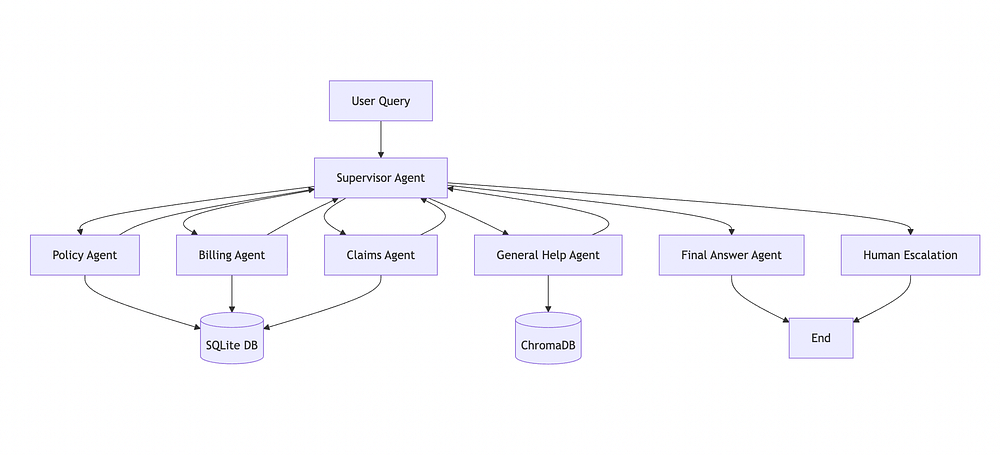Introduction to Healthcare Efficiency
Chris Whelchel, founder and CEO of HealthTok, a healthcare consulting firm, had the opportunity to complete his doctoral practicum work at UC Health Yampa Valley Medical Center. During this time, he worked on a project to improve the roadmap for patients in the outpatient setting. He was able to complete a first-phase framework to help redesign the medical center’s patient experience using several technologies.
Improving Patient Experience through Technology
Whelchel’s approach to improving healthcare efficiency is shaped by his clinical experience. He believes that technology can be used to improve both the patient experience and practitioner workflows. For example, he successfully used technology to improve the patient experience at UC Health Yampa Valley Medical Center. In a recent podcast, Whelchel discussed various topics related to healthcare efficiency, including the patient experience, workflow, AI, and more.
Challenges and Solutions
Healthcare organizations often face challenges when adopting new technologies. Some common barriers include resistance to change, lack of resources, and difficulty in integrating new technologies with existing systems. However, with the right approach, these challenges can be overcome. Whelchel suggests that healthcare leaders should start by identifying areas where technology can improve efficiency and patient outcomes. They should also involve clinicians and other stakeholders in the decision-making process to ensure that new technologies meet their needs.
The Role of AI in Healthcare
Emerging technologies like AI have the potential to transform the healthcare industry. AI can help improve patient outcomes, reduce clinician burnout, and increase efficiency. However, healthcare leaders may be hesitant to adopt AI due to concerns about its effectiveness and potential risks. Whelchel advises healthcare leaders to start by evaluating AI technologies and identifying areas where they can add value. They should also invest in training and education to ensure that clinicians and other staff members can effectively use AI tools.
Getting Started with New Technologies
For healthcare leaders who are hesitant about integrating certain tech tools, Whelchel offers the following advice: start small, identify areas where technology can improve efficiency and patient outcomes, and involve clinicians and other stakeholders in the decision-making process. He also suggests that healthcare leaders should evaluate AI technologies and invest in training and education to ensure that clinicians and other staff members can effectively use these tools.
Examples of Successful Technology Implementation
There are several examples of successful technology implementation in healthcare. For example, Denver Health nurses were able to redesign their Epic EHR workflow to improve efficiency and reduce clinician burnout. Similarly, Seattle Children’s Hospital has implemented AI tools to improve patient outcomes and reduce administrative burdens.
Conclusion
Improving healthcare efficiency is crucial for providing high-quality patient care. Technology can play a significant role in improving efficiency, but healthcare leaders must be willing to adopt and implement new technologies. By identifying areas where technology can improve efficiency and patient outcomes, involving clinicians and other stakeholders in the decision-making process, and investing in training and education, healthcare leaders can ensure that new technologies are effective and beneficial.
FAQs
- Q: What is the role of AI in healthcare?
A: AI can help improve patient outcomes, reduce clinician burnout, and increase efficiency in healthcare. - Q: How can healthcare leaders overcome challenges in adopting new technologies?
A: Healthcare leaders can overcome challenges by identifying areas where technology can improve efficiency and patient outcomes, involving clinicians and other stakeholders in the decision-making process, and investing in training and education. - Q: What are some examples of successful technology implementation in healthcare?
A: Examples include Denver Health nurses redesigning their Epic EHR workflow and Seattle Children’s Hospital implementing AI tools to improve patient outcomes and reduce administrative burdens. - Q: How can healthcare leaders get started with new technologies?
A: Healthcare leaders can start by evaluating AI technologies, identifying areas where technology can improve efficiency and patient outcomes, and involving clinicians and other stakeholders in the decision-making process.











